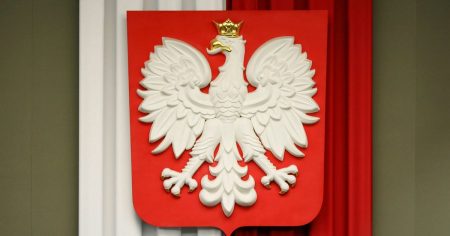The recent reports surrounding the Assad family’s life in exile in Russia have ignited a whirlwind of speculation, particularly regarding Asma al-Assad’s alleged dissatisfaction and purported attempts to return to the UK. These reports, originating from Turkish and Saudi Arabian media outlets, painted a picture of a disgruntled former first lady seeking a divorce and repatriation, only to be met with asset freezes and travel restrictions. However, the Kremlin swiftly dismissed these claims as fabrications, leaving the true nature of the Assads’ current situation shrouded in ambiguity. This incident underscores the complexities and challenges associated with the post-conflict lives of deposed leaders and their families, particularly those accused of human rights abuses. The conflicting narratives and the swift denial by Russian authorities highlight the difficulties in obtaining reliable information regarding the Assad family’s circumstances.
Asma al-Assad’s ties to the UK, her birthplace and where she retains citizenship, have complicated matters further. Born and raised in London to Syrian parents, her return to Syria and subsequent marriage to Bashar al-Assad marked a significant turning point in her life. Now, following the fall of the Assad regime and their exile to Russia, her desire to return to British soil has been met with staunch opposition. The UK government, through its Foreign Secretary, has explicitly declared her persona non grata, citing sanctions imposed against her. This stance reflects the international community’s condemnation of the Assad regime and its unwillingness to offer refuge to those implicated in its alleged crimes. Asma al-Assad’s situation presents a unique dilemma, caught between her birthplace and her chosen allegiance, with neither seemingly willing to embrace her return.
The Assad family’s exile in Russia, facilitated by the long-standing alliance between the two nations, further complicates the geopolitical landscape. Russia’s decision to grant asylum to the deposed Syrian president and his family underscores the intricate web of international relations and the strategic considerations that often influence such decisions. While Russia’s public statements deny any discord within the Assad family or attempts by Asma al-Assad to seek refuge elsewhere, the swirling rumors suggest underlying tensions. The Kremlin’s denial, however, may serve to protect its own perceived interests and maintain a semblance of stability in its relationship with the exiled Syrian leadership. This carefully crafted narrative control further obscures the reality of the Assads’ lives in exile.
The reports of Asma al-Assad’s alleged divorce filing and subsequent asset freeze, while unverified, raise questions about the inner workings of the Assad family’s dynamic in exile. If true, these actions would suggest a significant rift within the family and potentially a desire by Asma al-Assad to distance herself from her husband’s legacy. However, the lack of corroborating evidence and the Kremlin’s swift denial cast doubt on these claims. The possibility remains that these reports are part of a larger disinformation campaign, perhaps aimed at destabilizing the Assad family or exerting pressure on Russia. The opaque nature of information flow from within Russia contributes to the difficulty in ascertaining the veracity of such reports.
The swift and categorical denial by Kremlin spokesperson Dmitry Peskov underscores Russia’s commitment to maintaining a controlled narrative surrounding the Assad family’s situation. This denial serves multiple purposes: protecting its relationship with the exiled Syrian leadership, safeguarding its own image on the international stage, and preventing further speculation that could potentially destabilize the delicate geopolitical balance. By dismissing the reports as untrue, Russia aims to quell further inquiries and maintain its carefully constructed image of stability and control. This approach, however, also contributes to the ongoing ambiguity surrounding the Assad family’s actual circumstances.
The future for Asma al-Assad, Bashar al-Assad, and their children remains uncertain. While currently residing in Russia under asylum, their long-term prospects are unclear. With Asma al-Assad facing sanctions and denied entry to the UK, and Bashar al-Assad facing international condemnation for his role in the Syrian conflict, their options appear limited. Their situation exemplifies the complex and often challenging realities faced by deposed leaders and their families in exile, particularly those burdened by allegations of human rights abuses. The Assad family’s story serves as a reminder of the long-lasting consequences of political upheaval and the ongoing search for accountability and justice in the aftermath of conflict. Their fate hangs in the balance, caught between the geopolitical realities of their present and the unresolved legacy of their past.














